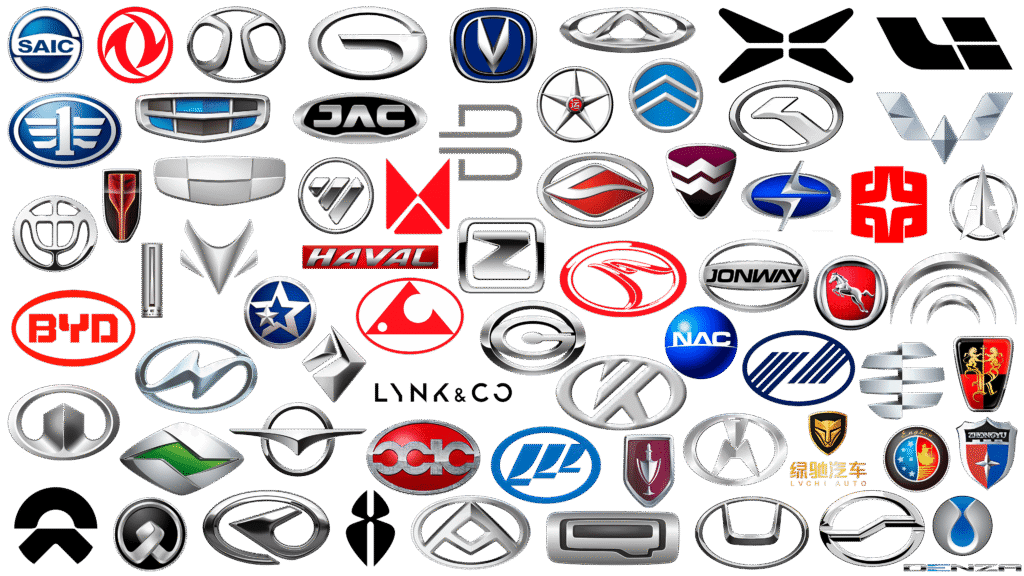
Over the past two decades, China has significantly expanded its presence in the global automotive industry through strategic acquisitions and investments. These moves have allowed Chinese automakers to access advanced technology, established brand equity, and international markets. Below is an overview of key automotive brands and companies that Chinese firms have acquired or taken major stakes in.
1. Volvo Cars – Acquired by Geely
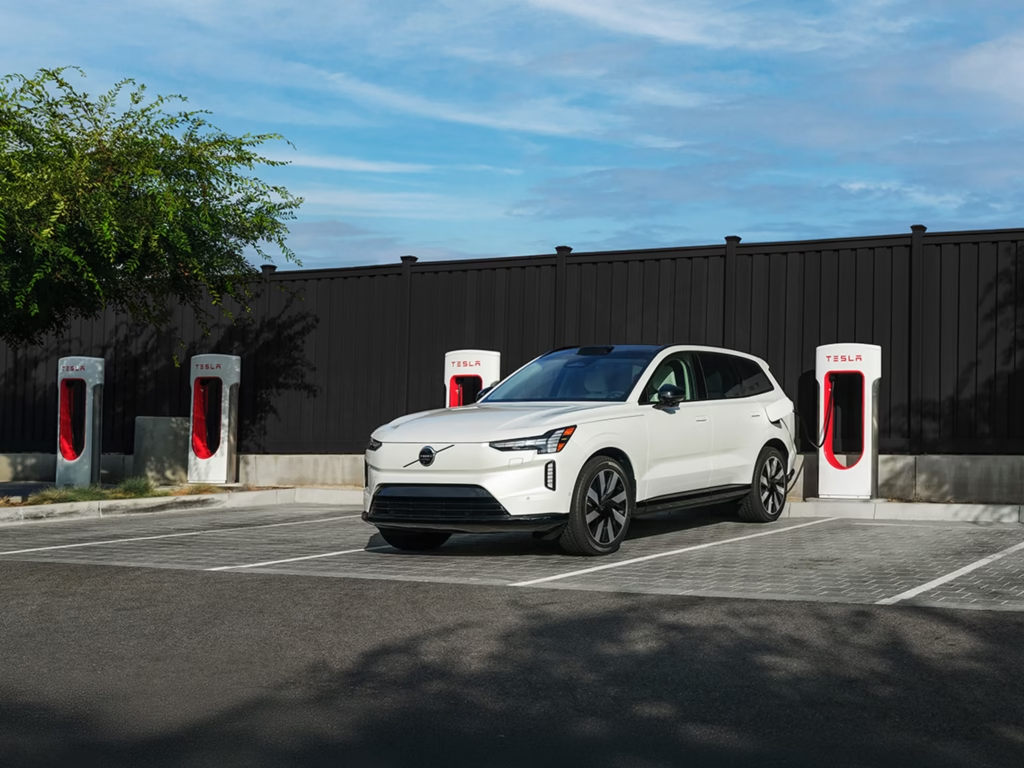
In 2010, Geely Holding Group, a Zhejiang-based automaker, purchased Volvo Cars from Ford Motor Company for $1.8 billion. This acquisition gave Geely control over Volvo’s technology, design expertise, and global distribution network. Since then, Volvo has thrived under Chinese ownership, especially in electric vehicle development.
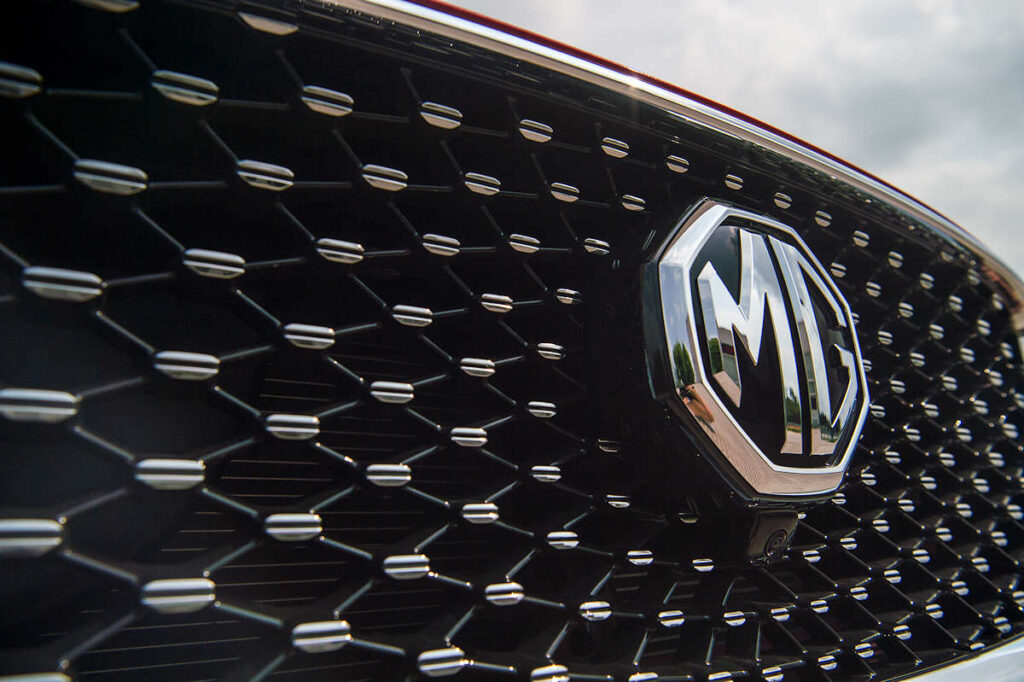
In 2005, SAIC Motor acquired the rights to the MG brand following the collapse of MG Rover. SAIC now produces MG vehicles in China and exports them globally, particularly to the UK, Australia, and India.
3. Proton and Lotus – Strategic Stake by Geely

In 2017, Geely took a 49.9% stake in Malaysia’s Proton and a controlling stake in Lotus Cars, known for high-performance sports cars. These investments strengthened Geely’s foothold in Southeast Asia and enhanced its performance vehicle portfolio.
4. Kandi Technologies – Joint Venture with Geely
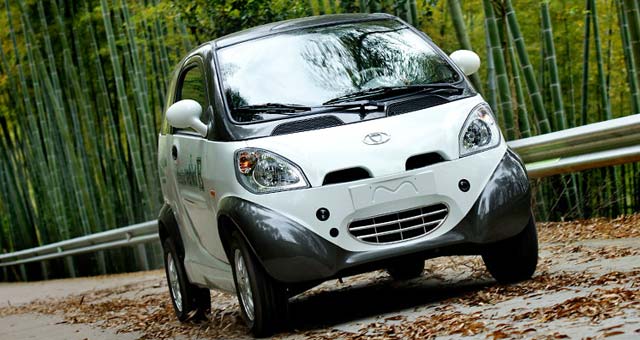
While not a full acquisition, Geely partnered with Kandi Technologies, a Chinese EV manufacturer, to develop affordable electric vehicles for shared mobility and personal use in urban areas.
5. Smart – Joint Ownership Between Geely and Mercedes-Benz
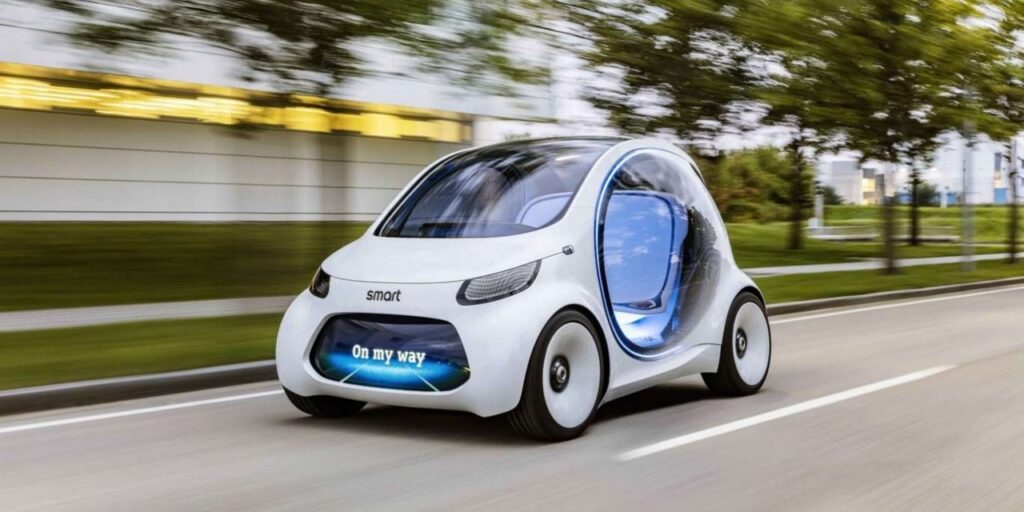
In 2019, Geely and Daimler (Mercedes-Benz) formed a joint venture to develop the next generation of Smart electric vehicles, shifting production to China. The new Smart models are manufactured in a plant in Hangzhou.
Frequently Asked Questions (FAQs)
Q1: Did China buy BMW?
No, China has not acquired BMW. However, Brilliance Auto, a Chinese company, was a joint venture partner with BMW in China but did not acquire the brand itself.
Q2: Does China own any American car brands?
China does not currently own any major American car brands. There were rumors of Chinese interest in U.S. automakers, but no significant acquisitions have occurred.
Q3: How has China benefited from buying foreign car brands?
Chinese automakers gained access to advanced engineering, global branding, and mature distribution networks, which accelerated their growth and innovation, particularly in electric vehicles.
Conclusion
China has acquired or invested in several well-known international car brands, including Volvo, MG, Proton, Lotus, and Smart. These strategic moves have helped Chinese automakers build technical capabilities, enhance brand recognition, and expand into global markets.
